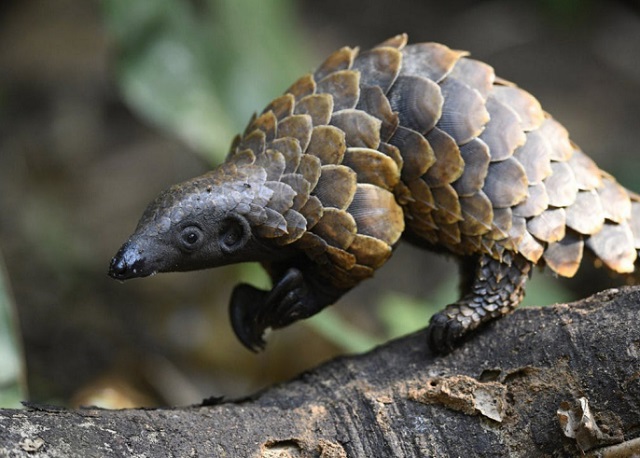
Kampala, Uganda | THE INDEPENDENT | There is growing evidence that wild animals do not get the conditions to live a full life, even in well-demarcated breeding sites and in countries that have enabling laws for wildlife trade.
According to conservationists, several snake farms in West, East and South Africa are infested with bacteria, and people who are licensed to keep wild animals as pets don’t also provide appropriate diets. This is partly because of limited knowledge about how these animals feed.
Edith Kabesiime, the Wildlife Campaign Manager at World Animal Protection Africa told a meeting of conservationists that wild animals should only be kept in their right home which is the wild. The meeting was one of the activities to mark World Wildlife Day, on Wednesday. The day is observed on March 3, every year, to celebrate the flora and fauna of the world.
James Ntulume, another conservationist, says that increasing deforestation, that is driving animals to extinction is forcing national bodies like the Uganda Wildlife Authority into desperate measures like farms and breeding sites to be able to conserve them.
Ntulume also noted the increasing interface between the wild animals and humans which is responsible for emerging and re-emerging viruses such as Ebola and the current SARS- COV -2, the virus that causes COVID-19.
Last month, the Uganda Wild Authority announced that they would start giving licenses to whoever wants to rear snakes for either venom or trade.
Vanice Mirembe, the authority’s Manager in charge of Conservation, Education and Awareness said they resolved to allow people to keep snakes because their habitats are shrinking, yet keeping them would be lucrative for both those who opt to sale or milk the reptiles for venom.
She said, already a few people have expressed interest in farming but mostly for trade, something that conservationists see as suicidal. But, according to Kabasiime, efforts would rather be focused on not depleting their natural habitats.
She says the wild animal trade industry is cruel for both illegal and legal dealers noting that in Uganda even as there’s an anti-animal cruelty law, it can never bite. For her, what is needed now is for the United Nations to declare and adopt the Universal Declaration on Animal Welfare.
Meanwhile, globally, the Wildlife trade is valued at USD 40 billion and Kabesiime says half of that money is derived from illegal trade or legal trade where stipulated standards are flouted. Recently, several countries have amended or put in place laws to guide safe trade in animals while others have prohibited trade in wildlife. In Uganda for instance, several stories of arrests of illegal wildlife traders have been highlighted in the media.
UWA says there were not less than five arrests for crimes relating to the smuggling of pangolin, which is one of the World’s most threatened mammals, last year. In 2019, authorities seized a major shipment containing 423kg of pangolin scales headed to Asia where there’s booming demand.
Now, conservationists say that laws and licenses regulating trade in wild animals are not helpful. For them, countries would rather completely ban the trade.
********
URN
 The Independent Uganda: You get the Truth we Pay the Price
The Independent Uganda: You get the Truth we Pay the Price



